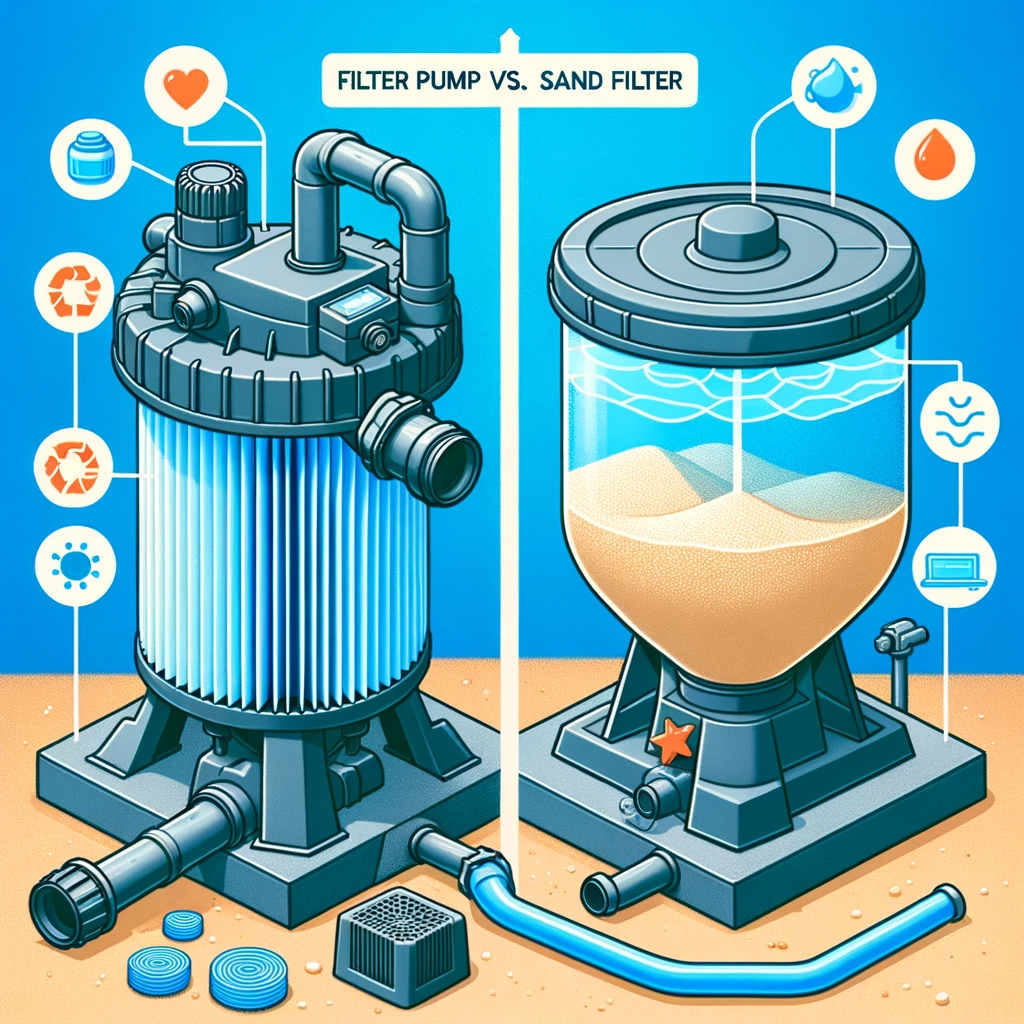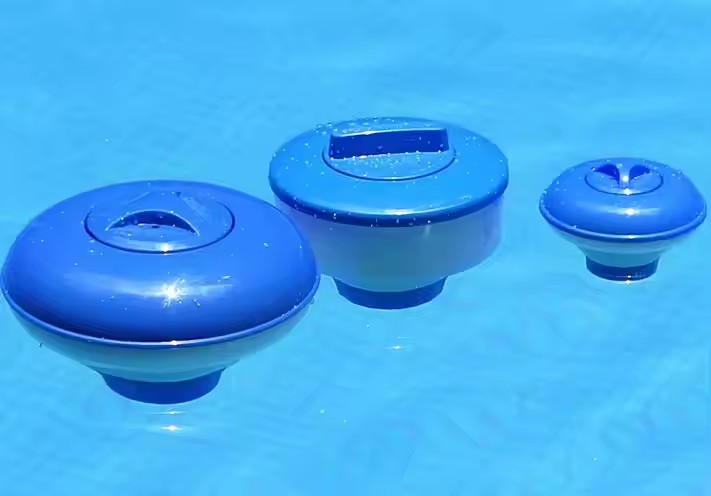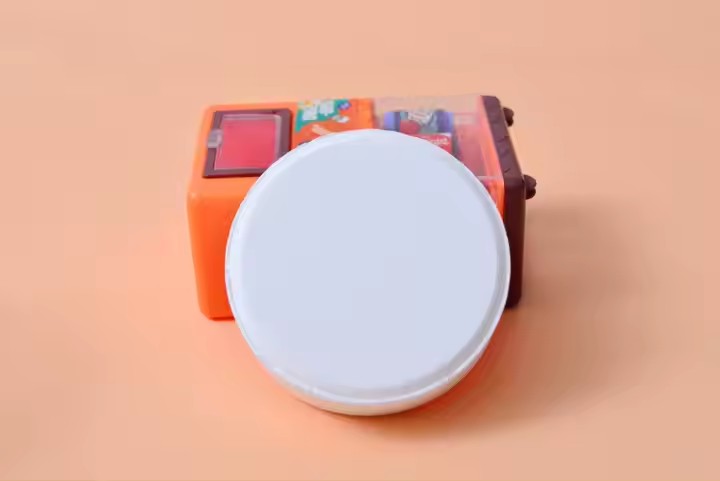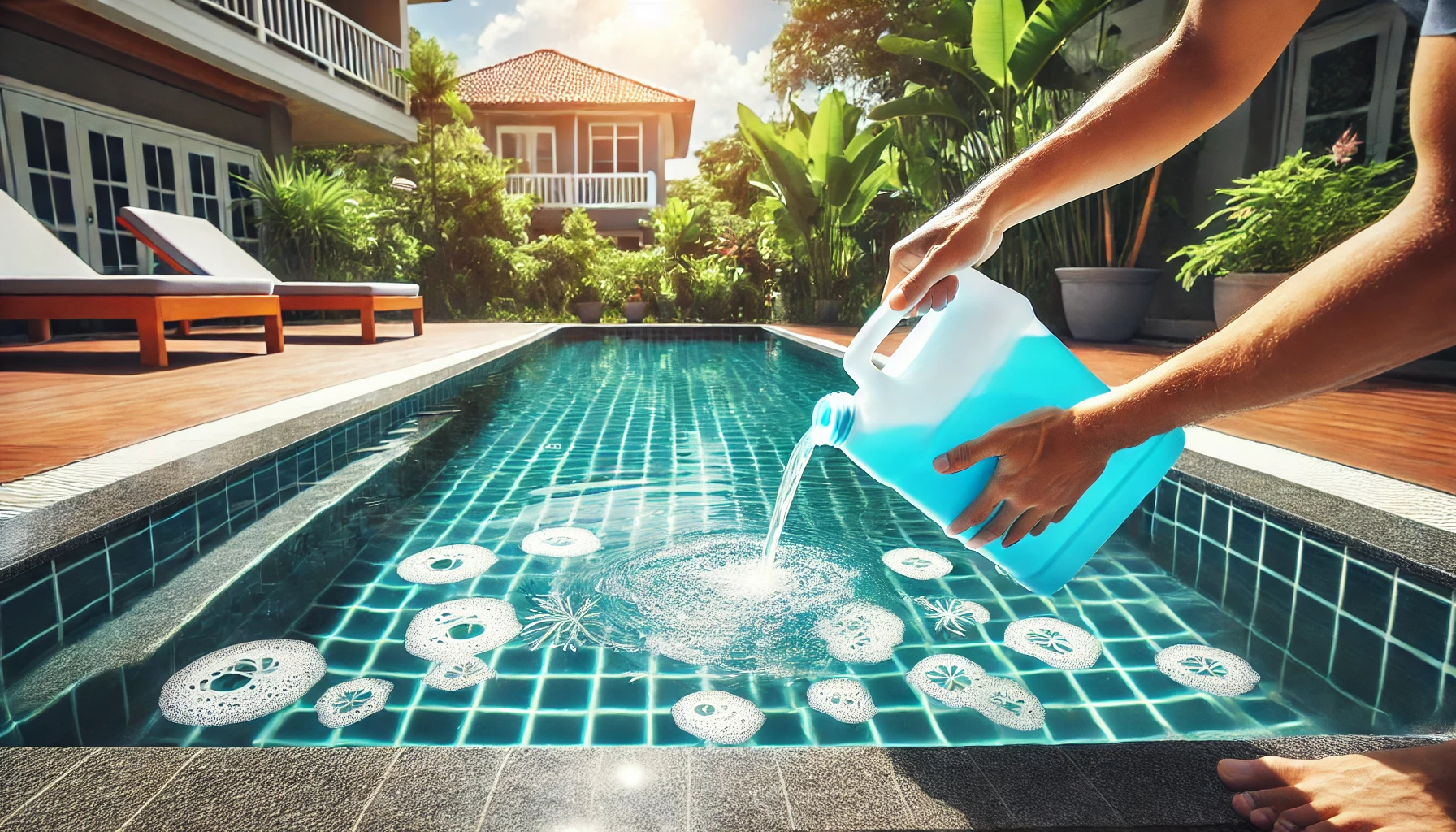Understanding the Differences Between a Filter Pump and a Sand Filter
When it comes to maintaining clean and clear pool water, filtration plays a crucial role. Two common options for pool filtration systems are filter pumps and sand filters. It’s important to understand the function and features of each to make an informed decision for your pool.
A filter pump is designed to circulate water in the pool while trapping debris. It uses a cartridge or filter element to capture small particles and contaminants, ensuring that the water remains clean. On the other hand, a sand filter utilizes sand as a filtration medium to remove impurities from the water. The sand acts as a physical barrier, effectively trapping both small and large debris.
Both filter pumps and sand filters have their own mechanisms, maintenance requirements, and effectiveness in cleaning the water. By exploring these differences, you can choose the right filtration system that suits your specific needs and preferences. Ultimately, proper filtration is essential for maintaining a healthy and enjoyable swimming experience.

Filter Pump: Pros and Cons
Filter pumps offer several advantages and disadvantages when it comes to pool filtration. Understanding these pros and cons can help you determine if a filter pump is the right choice for your pool.
Advantages of Filter Pumps
- Efficient removal of small debris and contaminants: Filter pumps are designed to effectively capture and remove small particles, such as dirt, leaves, and insects. This ensures that your pool water remains clean and clear.
- Easy installation and maintenance: Filter pumps are relatively easy to install, making them a convenient option for pool owners. Additionally, they require minimal maintenance, usually involving regular cleaning of the filter cartridges or elements.
- Suitable for smaller pools or above-ground pools: Filter pumps are an ideal choice for smaller pools or above-ground pools due to their compact size and efficient filtration capabilities. They can effectively circulate water in these types of pools while maintaining cleanliness.
Disadvantages of Filter Pumps
- May struggle with larger debris or algae: While filter pumps excel at removing small debris, they may struggle with larger debris like twigs or algae blooms. In such cases, additional manual cleaning or chemical treatments may be required.
- Requires regular cleaning and replacement of filter cartridges: To maintain optimal performance, filter cartridges in filter pumps need regular cleaning or replacement. Neglecting this maintenance can lead to reduced efficiency in filtering out impurities.
- Not ideal for larger or heavily used pools: Filter pumps may not be suitable for larger pools or those that experience heavy usage. The limited capacity of filter cartridges may result in frequent clogging and reduced effectiveness in maintaining water clarity.
Considering these pros and cons will help you make an informed decision about whether a filter pump is the right filtration system for your pool.
Sand Filter: Pros and Cons
Sand filters offer several advantages and disadvantages as a pool filtration system. Understanding these pros and cons will help you determine if a sand filter is the right choice for your pool.
Advantages of Sand Filters
- Effective filtration of both small and large debris: One of the key advantages of sand filters is their ability to effectively filter out both small and large debris from the pool water. The sand acts as a physical barrier, capturing particles of various sizes and ensuring cleaner water.
- Longer maintenance intervals compared to filter pumps: Unlike filter pumps that require regular cleaning or replacement of cartridges, sand filters have longer maintenance intervals. Backwashing the filter media periodically helps remove trapped debris, extending the time between cleanings.
- Suitable for larger or heavily used pools: Sand filters are an excellent choice for larger pools or those that experience heavy usage. They have a higher capacity than filter pumps, allowing them to handle larger volumes of water more efficiently.
Disadvantages of Sand Filters
- Higher initial cost and more complex installation: Compared to filter pumps, sand filters generally have a higher initial cost and may require more complex installation. However, this cost can be offset by their longer lifespan and lower long-term maintenance requirements.
- Requires backwashing to clean the filter media: To maintain optimal performance, sand filters need periodic backwashing to clean the accumulated debris from the filter media. This process involves reversing the flow of water through the filter, flushing out trapped contaminants.
- May require additional chemicals for optimal performance: While sand filters are effective at removing debris, they may require additional chemicals such as flocculants or clarifiers for optimal performance in terms of water clarity. These chemicals help enhance filtration efficiency by clumping together smaller particles for easier removal.
Considering these pros and cons will help you make an informed decision about whether a sand filter is the right filtration system for your pool.
Choosing the Right Filtration System
When it comes to choosing the right filtration system for your pool, there are several important considerations to keep in mind. Understanding these factors will help you make an informed decision that suits your specific needs.
Considerations for Pool Owners
- Pool size and usage frequency: The size of your pool and how frequently it is used are crucial factors in determining the appropriate filtration system. Larger pools or those that experience heavy usage may require a more robust filtration system like a sand filter, while smaller pools may be adequately served by a filter pump.
- Budget and long-term maintenance costs: It’s essential to consider both the initial cost and long-term maintenance expenses associated with different filtration systems. Filter pumps generally have lower upfront costs but require regular cartridge replacements, while sand filters have higher initial costs but longer maintenance intervals.
- Desired level of filtration and water clarity: If you prioritize crystal-clear water and efficient removal of debris, a sand filter may be the better choice. However, if you have a smaller pool or above-ground pool where fine debris is less of a concern, a filter pump can provide adequate filtration.
Maintenance Tips and Best Practices
- Regular cleaning and proper maintenance routines: Regardless of the filtration system you choose, regular cleaning is essential for optimal performance. This includes cleaning or replacing filter cartridges in filter pumps and backwashing the filter media in sand filters according to manufacturer guidelines.
- Monitoring water quality and pressure gauges: Keep an eye on the water quality by regularly testing chemical levels such as pH and chlorine. Additionally, monitor pressure gauges on both filter pumps and sand filters to ensure they are operating within the recommended range.
- Consulting with professionals for guidance: If you’re unsure about which filtration system is best for your pool or need assistance with installation or maintenance, don’t hesitate to consult with pool professionals. They can provide expert advice tailored to your specific situation.
By considering these factors and following proper maintenance practices, you can choose the right filtration system that meets your needs while ensuring clean and enjoyable swimming experiences.
Making an Informed Decision
To make the right choice for your pool’s filtration system, it’s important to consider the pros and cons of filter pumps and sand filters. Take into account factors such as pool size, budget, and desired maintenance level. By understanding the specific needs of your pool and considering these factors, you can select the filtration system that will provide a clean and enjoyable swimming experience. Whether you opt for a filter pump or a sand filter, proper filtration is essential for maintaining clear and healthy pool water. Choose wisely to ensure that your pool remains a refreshing oasis for you and your family to enjoy.


